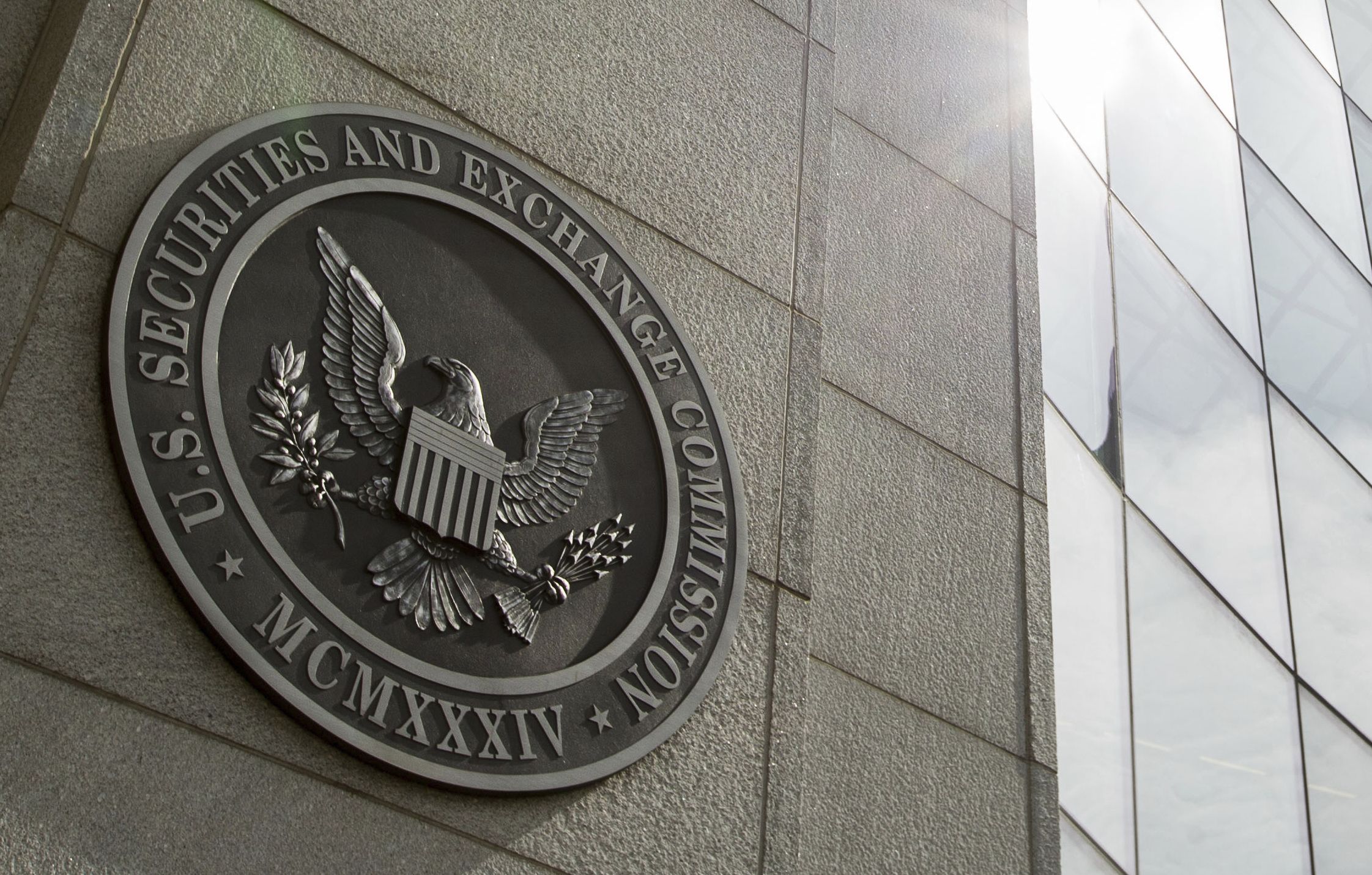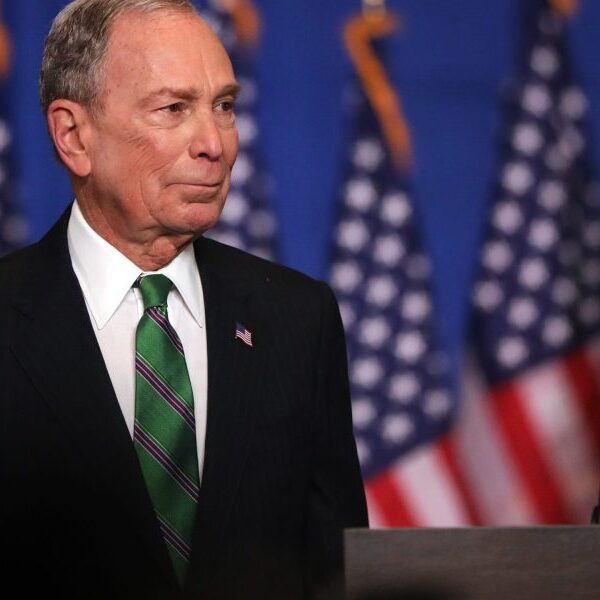

Over the past few months, I’ve heard voices calling to dismantle, block, rewrite, or otherwise slow-walk major parts of the Biden-Harris Administration’s signature climate and infrastructure legislation. Let me be clear: these calls and legislative proposals are out of touch with the needs and priorities of Americans regardless of political, socio-economic, or geographical boundaries.
As EPA administrator, I’ve had the privilege of traveling all across our great nation. I’ve traveled to big cities, small rural towns, and everything in between. I’ve visited solar-powered community centers in Las Vegas and Atlanta; a school district in Alma, Kansas with brand new electric school buses; natural areas restored outside Wilmington, North Carolina; and sustainable, retrofitted factories in Pittsburgh. If you’re wondering what these projects have in common, they were made possible thanks to President Joe Biden’s investments in America.
I reflect on my travels to Lowndes County, Alabama, the aging water infrastructure of which, stressed by climate impacts, regularly spewed sewage onto their front lawns. After decades of neglect, the community has finally received federal resources from the Biden-Harris Administration to address the community’s wastewater challenges.
At Climate Week in New York City, I’m bringing these stories with me. Stories that illustrate the real-world impact of President Biden’s and Vice President Harris’s ambitious agenda to cut climate pollution and bring environmental justice communities to the table.
Together, the Bipartisan Infrastructure Law and the Inflation Reduction Act are the largest-ever climate investment in American history.
In every corner of this country, Americans are reaping their benefits. In red states and blue states alike, federally funded infrastructure and clean energy projects are coming online. Already, we’ve created 334,000 new clean energy jobs. In 2023, clean energy jobs grew more than double the rate of employment growth in the overall economy.
Not only will these projects train the next generation of tradespeople with good-paying union jobs, but they will also help keep the lights on during emergencies, bolster America’s energy independence, and ensure we win the economic competition for the 21st century, over China and anyone else.
This administration’s signature climate and infrastructure laws have set America on a path to transform every economic sector that produces carbon pollution: power, transportation, buildings, industry, agriculture, and forestry.
These laws are incredibly popular, and any attempt to take us backwards could disrupt the lives of millions of hardworking Americans across our country.
I’m proud that EPA has awarded more than $55 billion in Inflation Reduction Act and Bipartisan Infrastructure Law funding, and my agency is on track to award more than $65 billion of historic investments by the end of the calendar year.
That includes implementing our $27 billion Greenhouse Gas Reduction Fund, which will support tens of thousands of clean energy projects and avoid up to 40 million metric tons of carbon pollution annually over the next seven years. That program will, for example, save over $350 million each year on energy bills for 900,000 low-income and disadvantaged households through rooftop solar.
However, many Republicans in Congress have continuously called for rescinding these funds. Do we really want to take away over $65 billion of investments from the American people? Do we want to take away the benefits of cleaner air and water, new jobs, and growing economies that these investments are already delivering for people? In fact, our programs are so successful with constituents that some Republicans are banding together to defend this administration’s climate and infrastructure laws.
In August, 18 House Republicans asked Speaker Mike Johnson to protect the Inflation Reduction Act’s popular energy tax credits. Why? Because their districts are seeing tangible benefits from clean energy manufacturing investments. The U.S. Chamber of Commerce and the American Petroleum Institute have also gone to bat for protecting large portions of the Inflation Reduction Act, demonstrating widespread, bipartisan support.
These investments are being implemented to spur innovation and make people healthier. Earlier this year, we issued our final national pollution standards for passenger cars, light-duty trucks, and medium-duty vehicles, avoiding more than 7 billion tons of carbon emissions and saving the average American driver an estimated $6,000 in reduced fuel and maintenance over the life of their next vehicle.
Here’s the bottom line: All Americans have the right to breathe clean air, drink safe water, and lead a healthy life. Thanks to the Bipartisan Infrastructure Law and the Inflation Reduction Act, more communities finally have a fighting chance.
More must-read commentary published by Fortune:
The opinions expressed in Fortune.com commentary pieces are solely the views of their authors and do not necessarily reflect the opinions and beliefs of Fortune.















